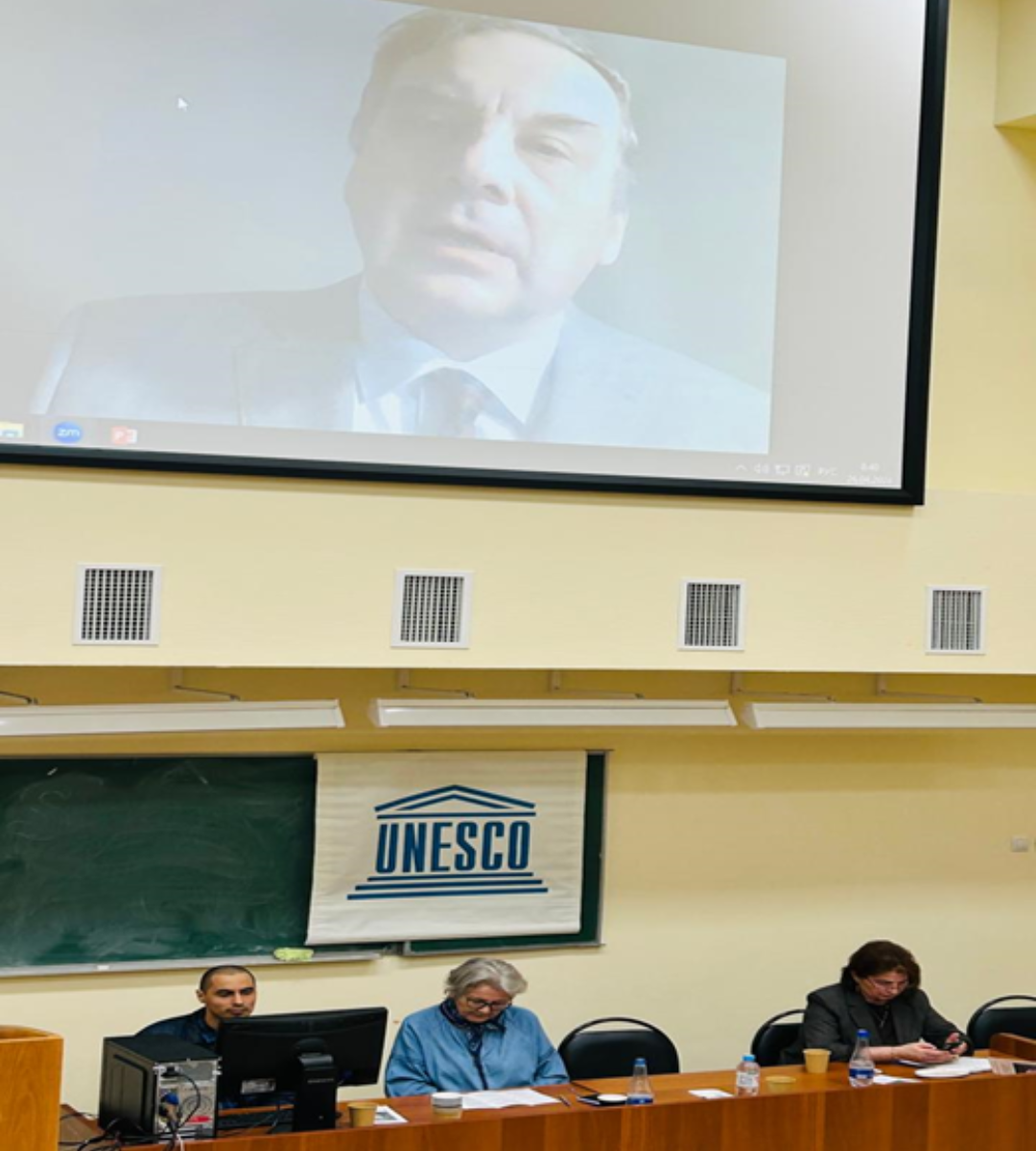
This year, conferences and events have been organised around the world dedicated to the 300th anniversary of the German and Russian philosopher Immanuel Kant.
One of these events took place at University of Science and Technologies in Ufa, Bashkortostan. Bashkortostan is a republic which forms an integral part of the Russian Federation. The Bashkir language belongs to the Turkic family and the religion of Bashkirs is predominantly Islam.
Immanuel Kant’s legacy in relation to intercultural understanding and inter-religious dialogue is multifaceted but undeniable: he has been influential for many scholars in shaping the discourse on cultural diversity, fostering dialogue, and emphasising our shared humanity over racial or cultural difference.
Professor Dimitri Spivak, UNESCO Chair on Comparative Studies of Spiritual Traditions, their Specific Cultures and Interreligious Dialogue, was invited to join the event, giving an introductory plenary address dedicated to Intercultural Dialogue in Strategy of UNESCO at the Present Time.
The meeting was co-organized with a local UNESCO Chair in Education in Multinational and Multi-confessional Society, which made the presence of UNESCO quite visible at the event. About 60 professors and post-graduate students took part.
